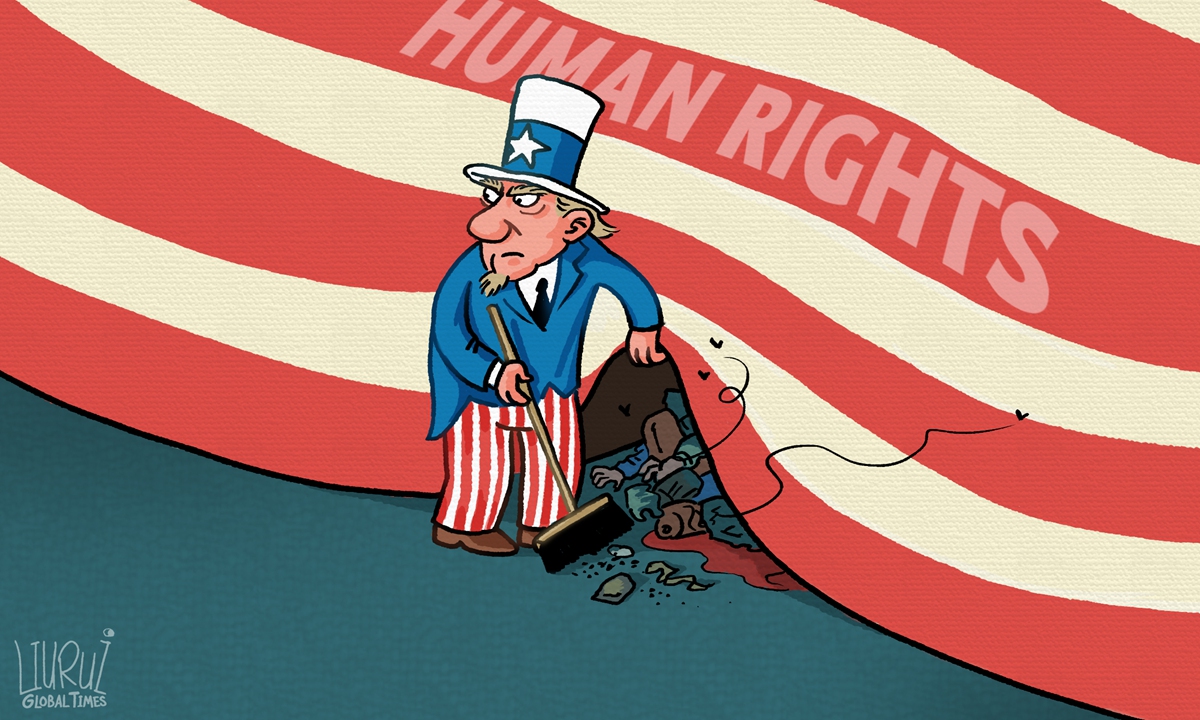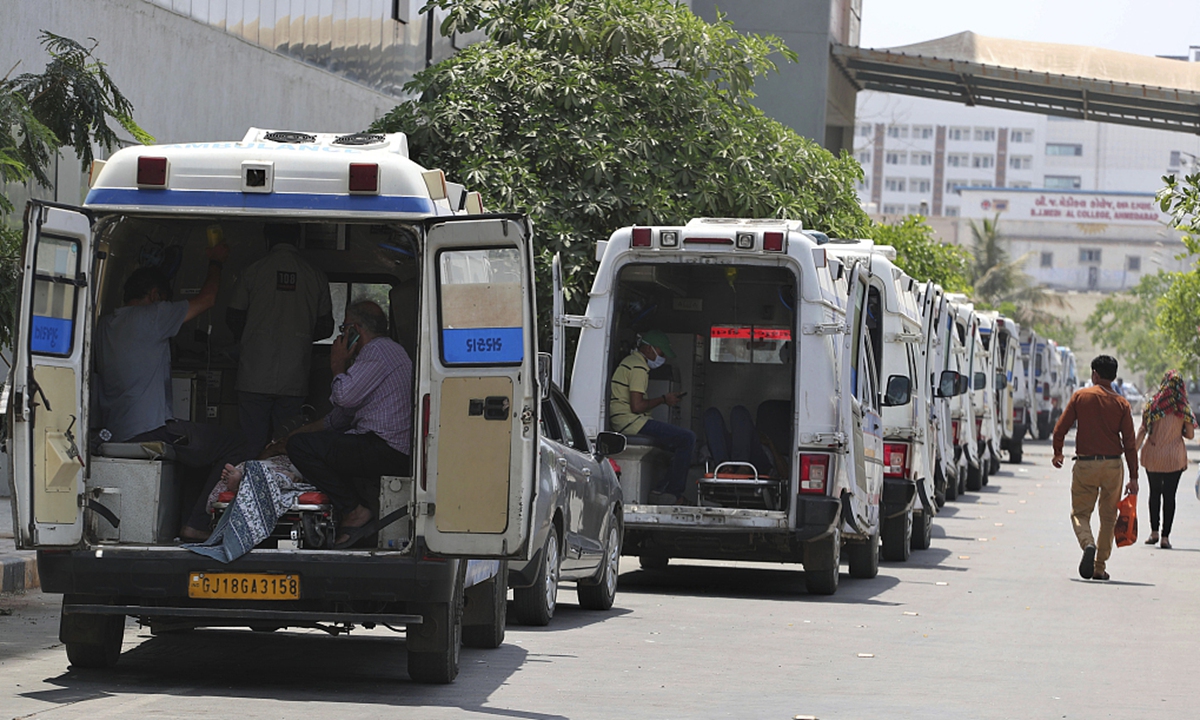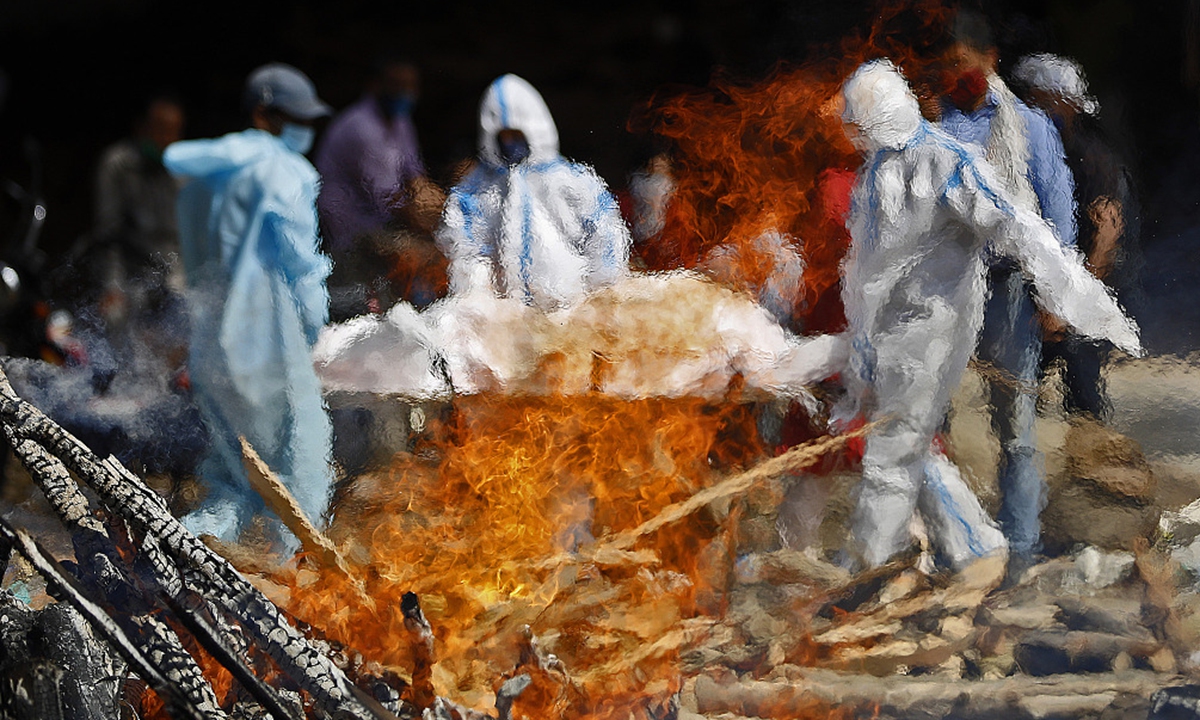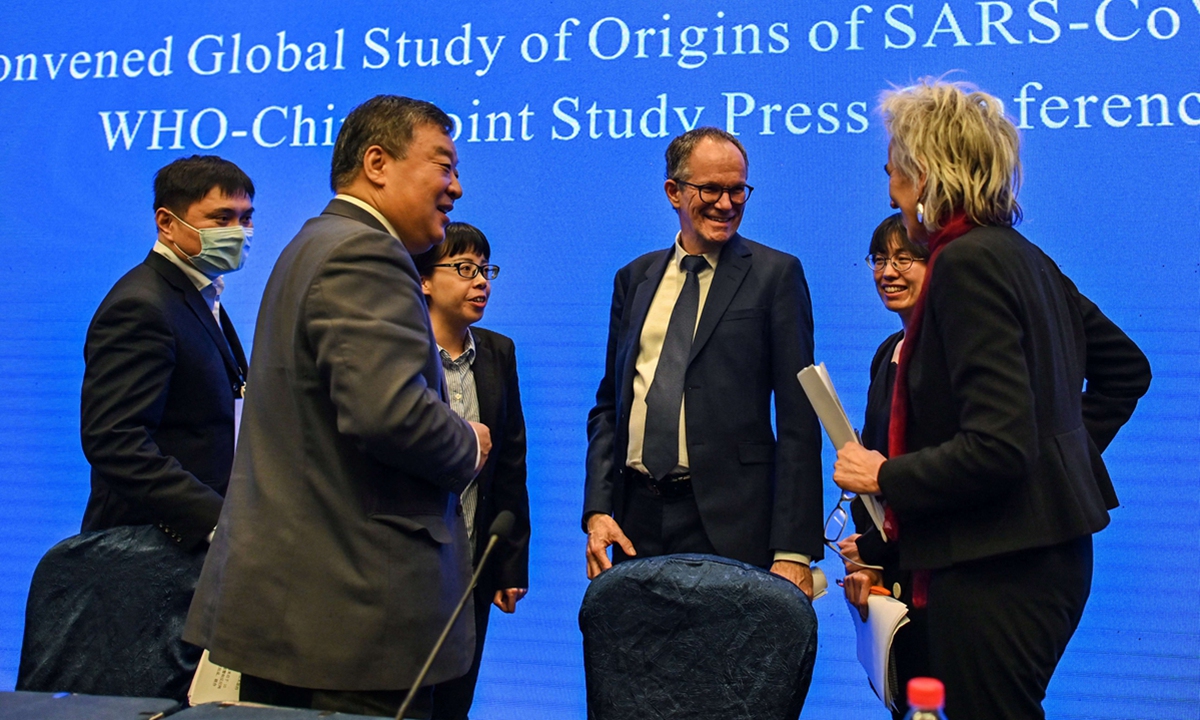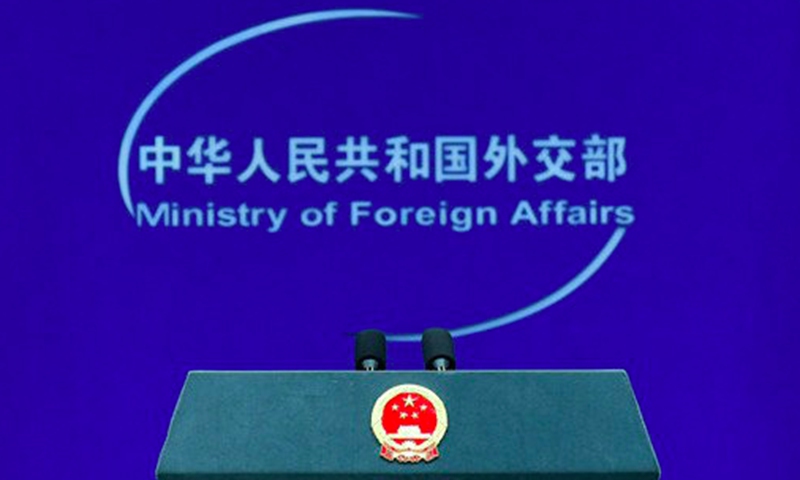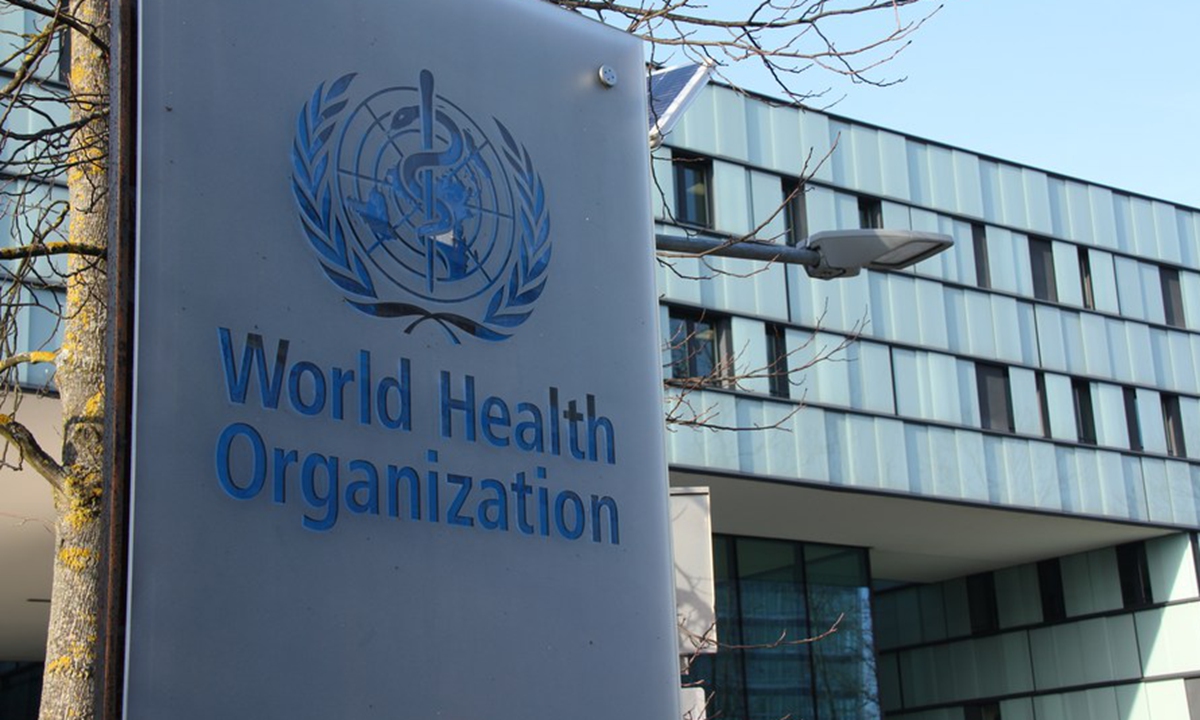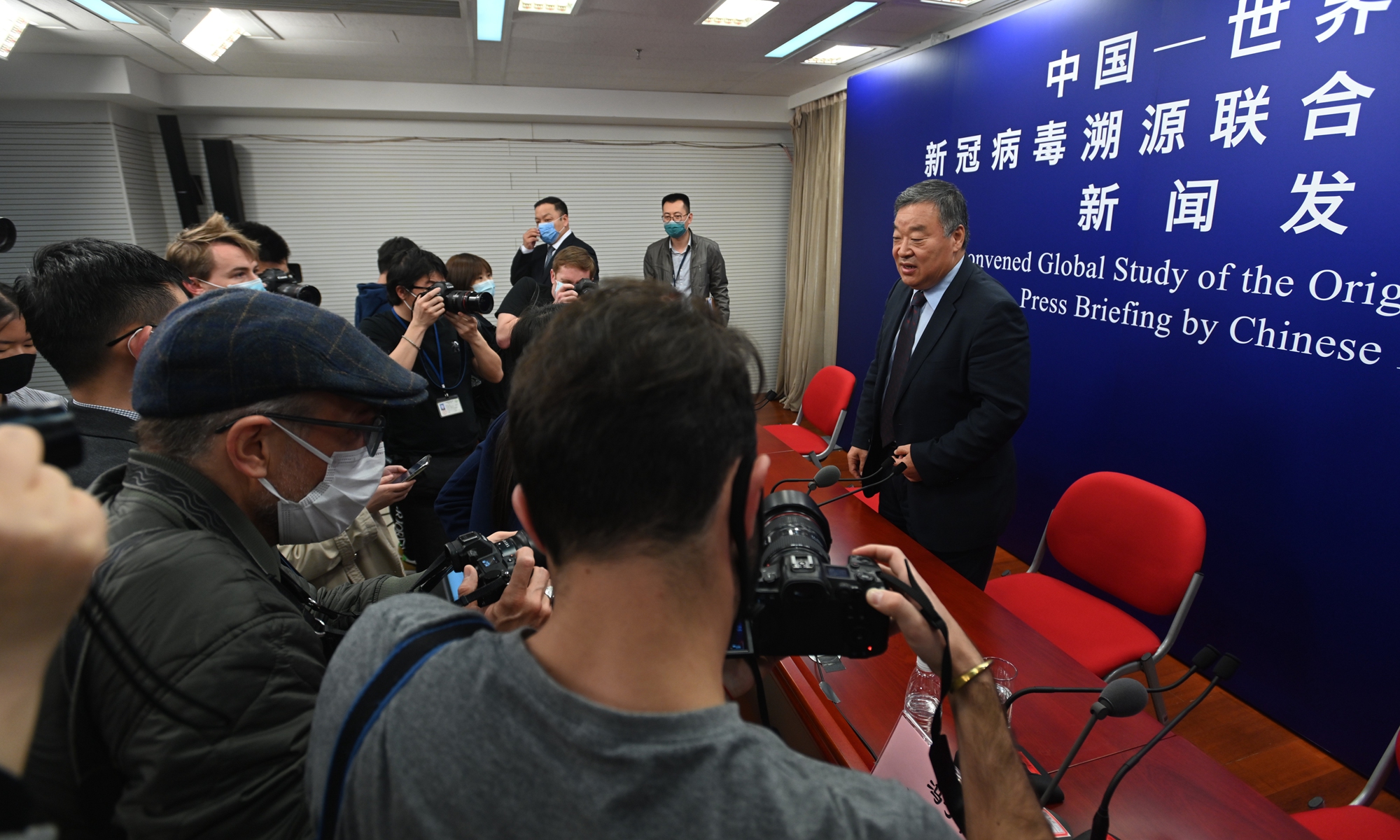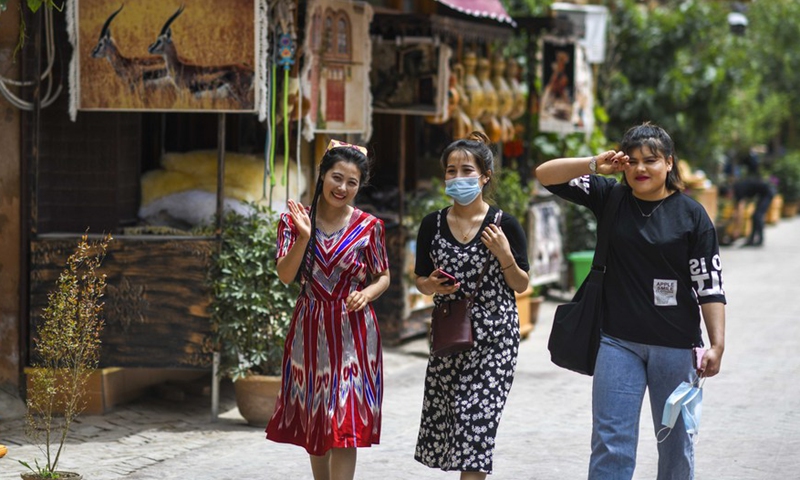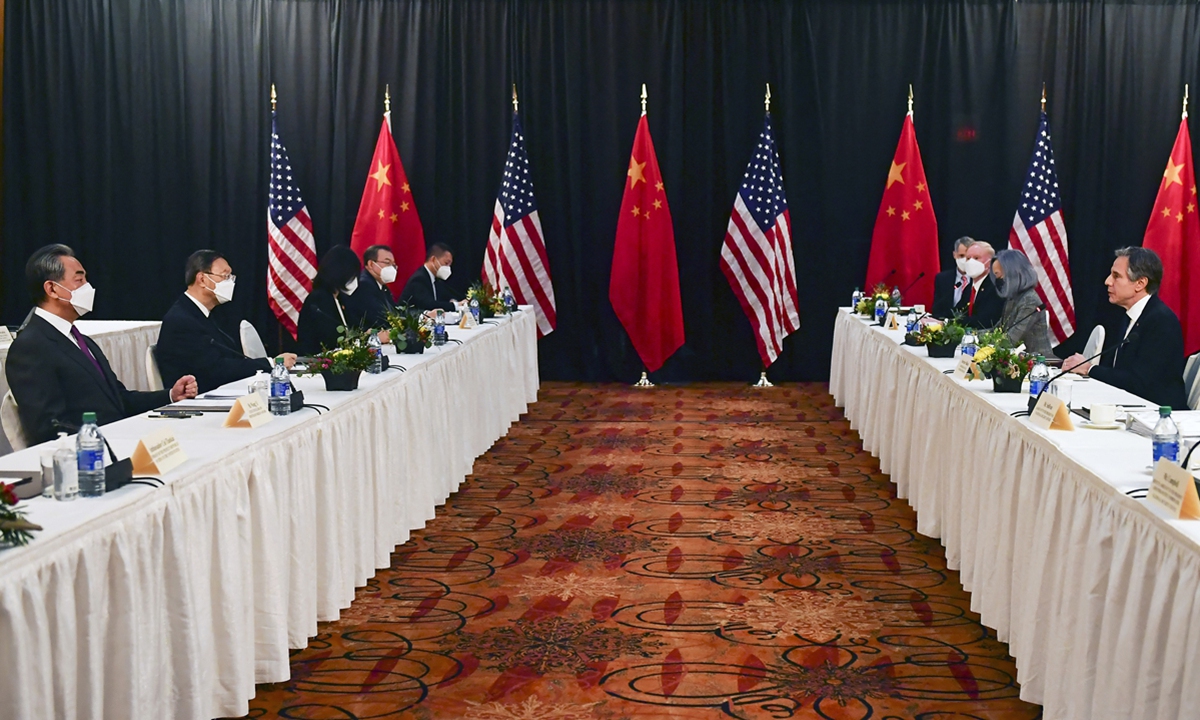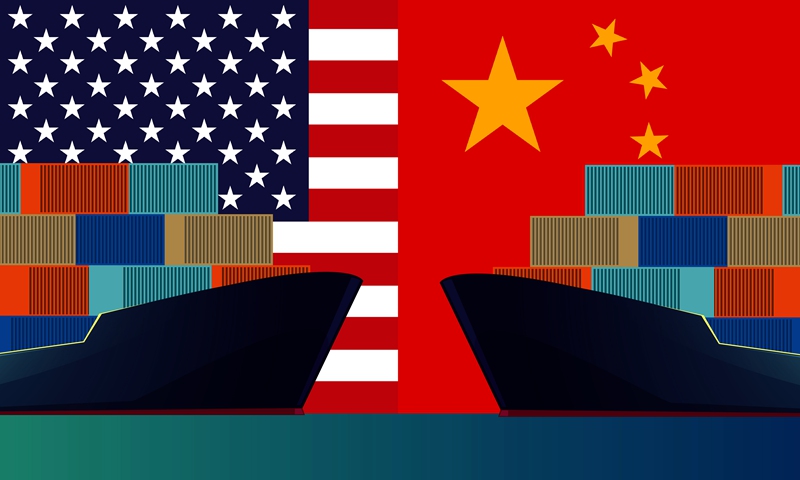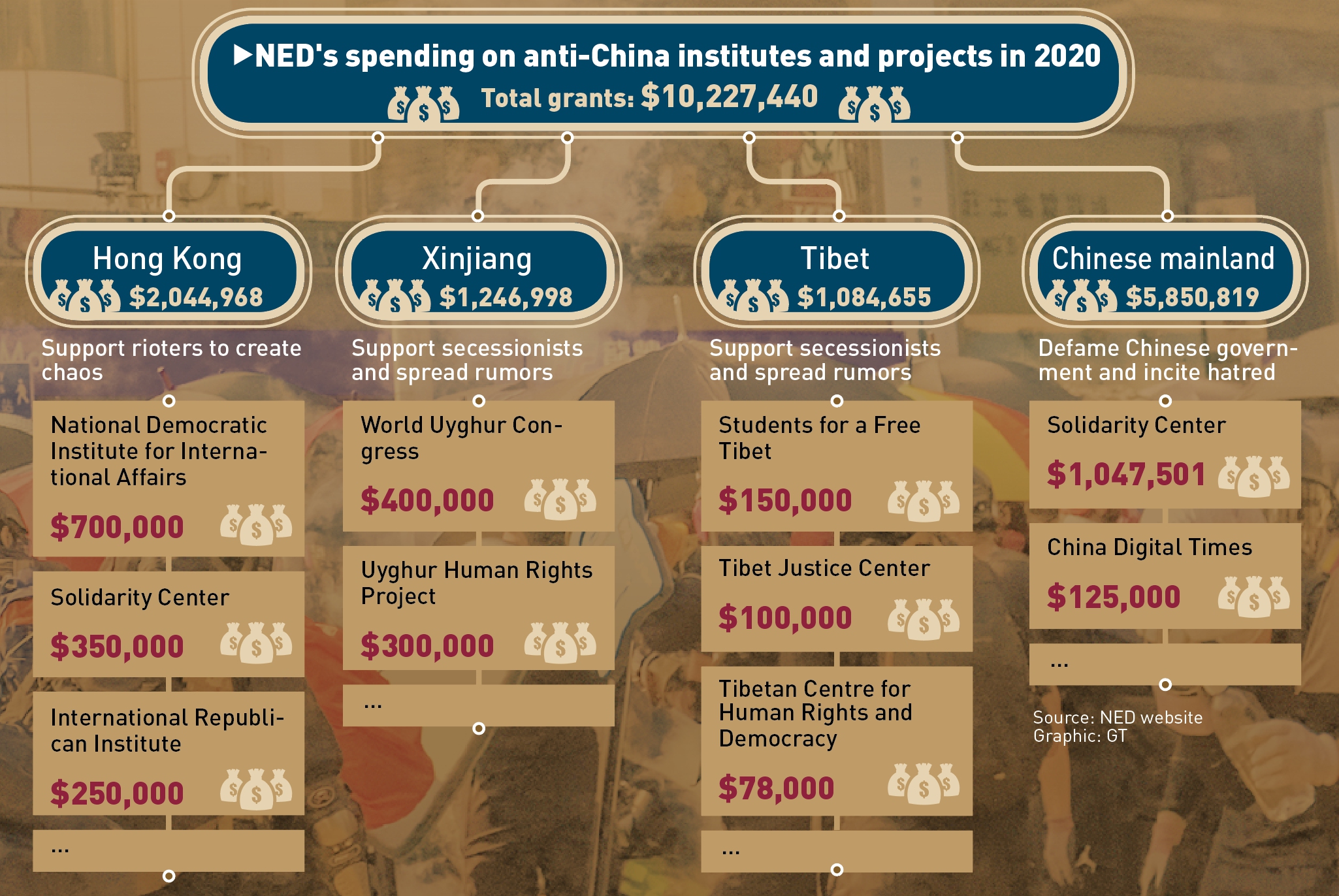Video https://www.globaltimes.cn/video/#.YIbAJJ1_i1s.twitter
Bagaimana Tsunami Covid Di India Boleh Berlaku
China and India should put their differences aside and join forces in fighting pandemic
More than a quarter of Americans are fully vaccinated against the coronavirus now, while about 40 percent of people in the US have received at least one shot. Not everyone wants to get vaccinated, so it is predicted that there will be a surplus of vaccines in the country after mid-May. At the same time, many developing countries are suffering vaccine shortage. In Namibia, an African country with a population of 2.5 million, only 128 people have received two doses of a vaccine until now.
The ugly "America First" doctrine on vaccines was fully revealed by the coronavirus outbreak in India. A humanitarian disaster has developed in the country. However, India's call for Washington to ease curbs on the export of vaccine raw materials was rejected. US State Department spokesperson Ned Price said Tuesday that the priority of the country is "ensuring the distribution of a safe and effective vaccine to millions of Americans, to all Americans who are able to take advantage of it." Washington also turned down calls from India, South Africa and others to waive patents on COVID-19 vaccines.
To date, the US has made almost no actual contribution to the global fight against the pandemic. As the most developed country in the world, it did a poor job in the epidemic fight, failing to contribute any positive experiences to other countries. The country imported a huge amount of supplies such as masks and ventilators that were in short supply in the world last year. Washington undermined global cooperation against the virus by attacking the World Health Organization for quite a long time. The Pfizer-BioNTech COVID-19 vaccine is Washington's most important product to fight against the pandemic. But until now it has been used primarily to protect Americans and a limited number of US allies.
"America First" is a very crude principle. It has become a practical guide to bipartisan actions in the US. The former administration of Donald Trump had both said and acted according to this principle. Although the Biden administration hasn't talked about it, it is in fact also acting in line with the principle.
Transmitted to the political center through each American constituency, the US' selfishness has formed a kind of "rightfulness" under American democracy. Meanwhile, Washington is keen to promote its idea of "human rights" to the world. It acts like it has compassion for all humanity, and surprisingly, it does not feel awkward about it at all.
The world cannot allow the US to abuse the right to define international justice. Washington has refused to share vaccines with developing countries proportionally. The world should jointly condemn it, making Washington bend its head, like a rat scurrying across the street with everybody chasing it. However, till today, the US is still arrogantly claiming it is a global moral leader. It even accuses China and Russia's efforts to share vaccines of being "vaccine diplomacy." The US has totally called white black and black white.
The US has misled and hijacked various countries' national security concept. This is where its arrogance comes from. The world is in an era of peaceful development, but US elites have successfully fanned many countries' anxieties over geosecurity, as the US is the one who has the most abundant resources to play the geopolitical game. The ongoing COVID-19 pandemic is the biggest security shock that countries have encountered in recent years, but many countries have deeply fallen into the geopolitical myth and been hijacked by Washington. Therefore, they indulged Washington's misdeeds.
India in fact has become a victim of the US tricks. India already had an economic slump before the outbreak of the pandemic. India's relations with China have been manipulated by the US so severely that even its vaccine assistance provided to other countries took China as a target. However, now India has suddenly become the epicenter of the global pandemic. It is caught in a predicament where it is unable to deal with the situation by itself, receives no support from the US, while it is too embarrassed to accept China's help.
In short, the US has caused harm to the whole world in recent years. Despite being a self-proclaimed world leader, it failed to act as a responsible power in terms of economy, security and the anti-pandemic fight. However, Washington has managed to keep the "moral high ground" and issue orders. It is fair to say that it is the world, including countries like India, that has indulged it. We are suffering a tragedy caused by ourselves.
Should India thank US' belated aid?
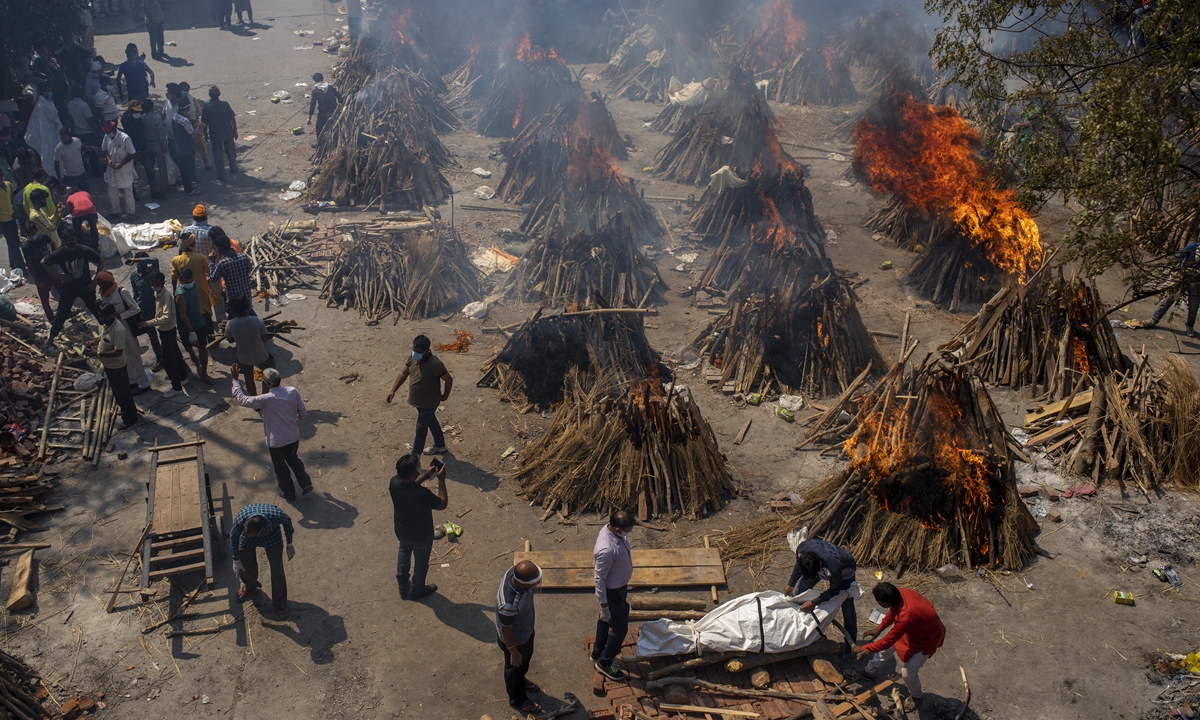
Multiple funeral pyres of COVID-19 victims burn at a site converted for mass cremations in New Delhi, India on Saturday. Indian authorities are scrambling to get medical oxygen to hospitals when the country reported a new global daily record of more than 346,000 infections for a third straight day. Photo: AP
Under great pressure from international public opinion, US President Joe Biden said on Monday the US is determined to "help" India. It's reported that more than 300 oxygen concentrators have been dispatched from New York on Sunday morning and are supposed to arrive in New Delhi on Monday. This was in sharp contrast with the US' negative attitude toward assisting India until last week.US allies including the UK, France, and Germany also announced to offer assistance to India on Sunday, which left people with an impression that Washington has coordinated with them.
Many Indians are complaining that the US aid comes way too late and is more of symbolic significance. Several hundred oxygen concentrators are inadequate for India. What the country needs now are tens of thousands, or even hundreds of thousands. The US will immediately deploy supplies and other assistance, including raw materials for COVID-19 vaccine, to India, the White House said, following a Sunday call between US National Security Advisor Jake Sullivan and his Indian counterpart Ajit Doval. But the US will still have reservations over the quantity of material exports, and the implementation process will face challenges.
Biden's approval rating stands at only 52 percent after almost 100 days in office, the third-lowest since tracking began in 1945, following Donald Trump and Gerald Ford. Biden is facing enormous pressure from the Republicans and some Democrats. "America First" has been deeply embedded into the values of the US and has become a red line that Biden dares not touch.
There are two reasons for the US' strategic selfishness. First, this is the inherent nature of the US system, which is prone to amplify individual selfishness rather than restrain and counterbalance such selfishness. Second, the US has become relatively weak, and it cannot meet its "leadership role." India is a country with an enormous population. In the long run, it will cost US much more to "lead" India than any of its other allies.
One unhealthy aspect of the global anti-pandemic fight is that science and humanitarian logic have failed to truly dominate the fight on the international stage. Geopolitical thinking has never been away from the fight. It has disrupted the pandemic fight from time to time, and even managed to play a dominating role at some moments. India has been struggling in a critical situation, but geopolitical clues are still evident in its epidemic-related information. This is regrettable. COVID-19 patients are dying in batches, but some people are still debating which country's assistance India should take and what it would mean for international relations in future.
Whatever happens, we hope India could curb its epidemic as soon as possible. Mankind is a community with a shared future when it comes to the fight against the pandemic. As India is a large country¸ the raging epidemic in India inevitably means increasing risks for other countries and regions. How India can realize a soft landing with a lower death toll will offer useful experience for other developing countries.
The new coronavirus variant detected in India seems to be able to ferociously spread with the approach of summer, which requires higher international vigilance. India's tsunami-like COVID-19 wave warns us that fighting the coronavirus pandemic is a long-term "world war" and many unexpected new battlefields and new battles may await us. We can never let our guard down.
Countries with a strong capability to resist COVID-19 have to assume greater responsibility. It is vital that the US joins them. The US has made little positive contribution to the global fight against the pandemic. Lending a helping hand to India can be seen as the first US attempt to play such a role. We hope it will be Washington's turning point. The US has gravely dragged the global fight against the pandemic, and it is supposed to proactively make up for it.
Since last year, the novel coronavirus pandemic has hit many countries and regions in the world, resulting in unbelievable deaths and economic losses. But some countries are still building their national security in traditional ways. This is a strategic mistake, at least to some extent. Washington has played a misleading role in this regard. In other words, if the US is drunk, many other countries may not be able to remain sober.
America, it's time to cleanse your own stains
The US is a country that boasts of its so-called deep-rooted ideal of democracy, rights, liberty, opportunity and equality. But how can a self-portrayed perfect country become one of chaos, division and inequality as we see today? Is it because ...

 llustration: Chen Xia/GT
llustration: Chen Xia/GT